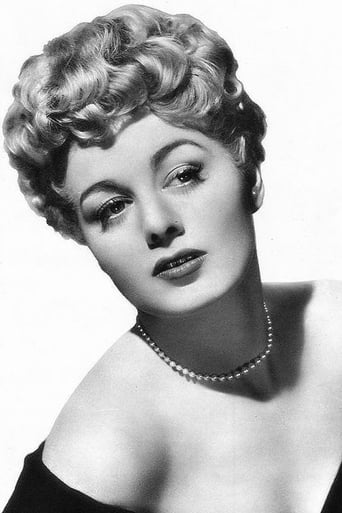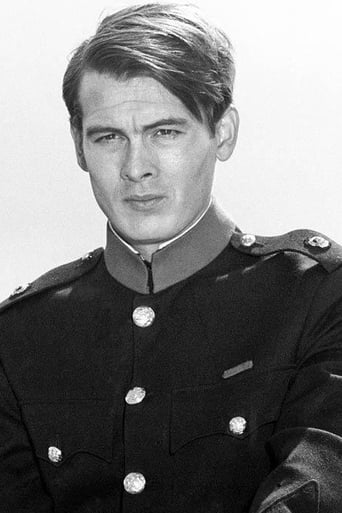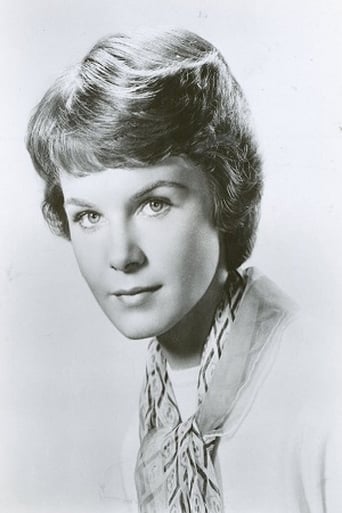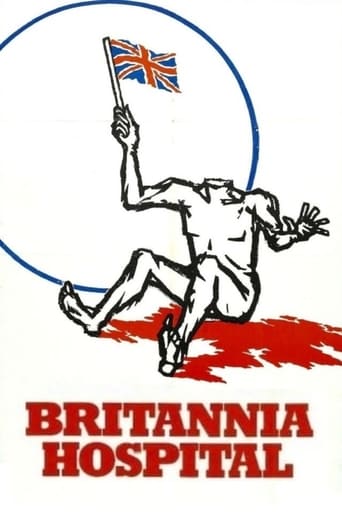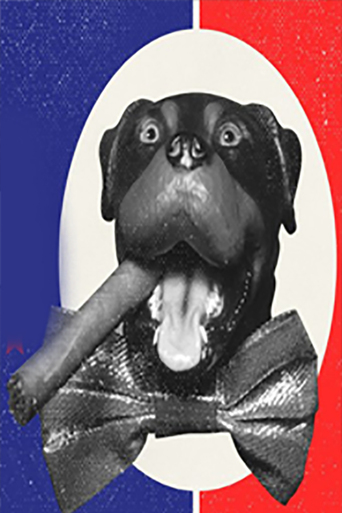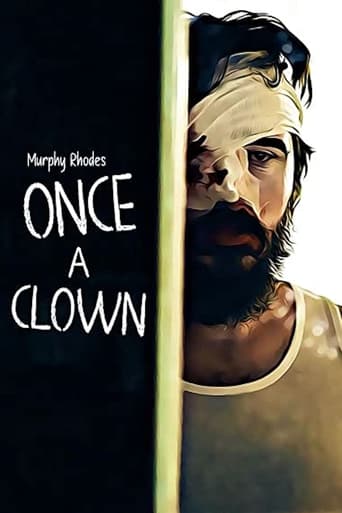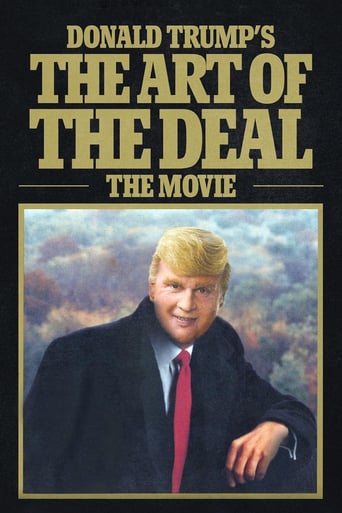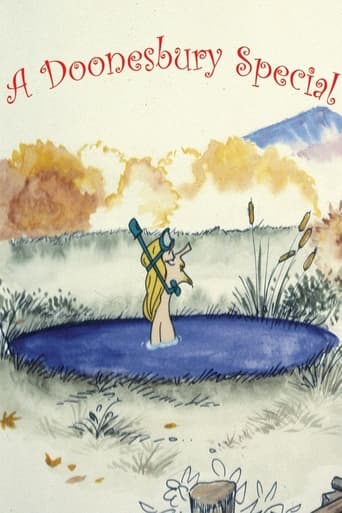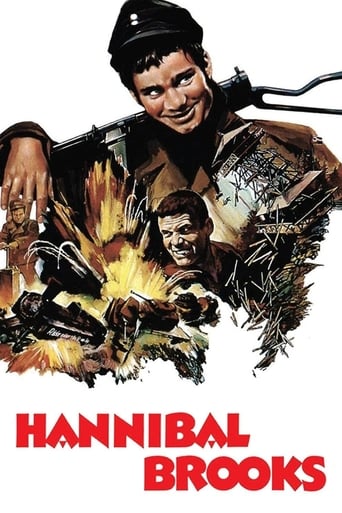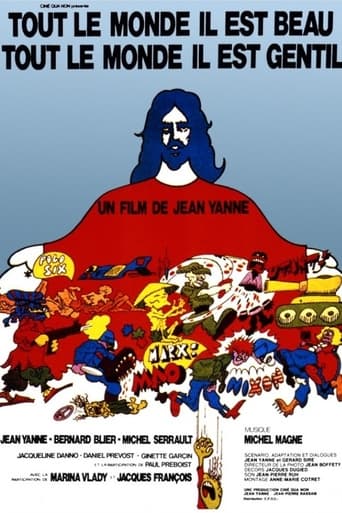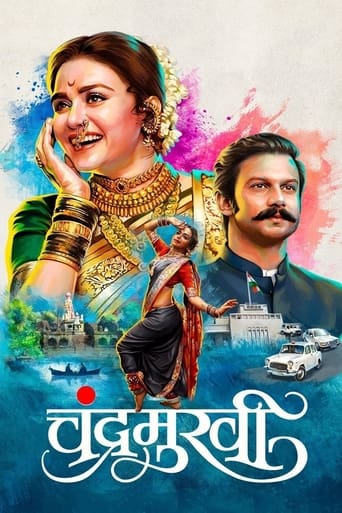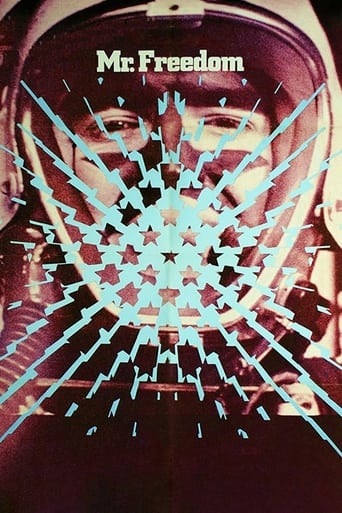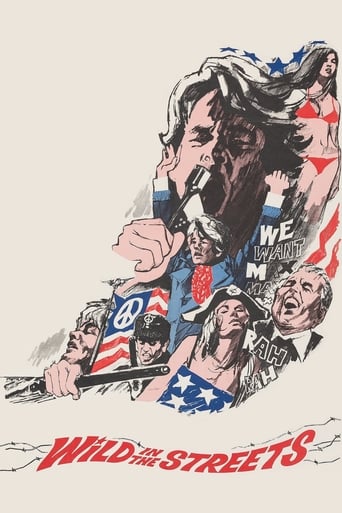
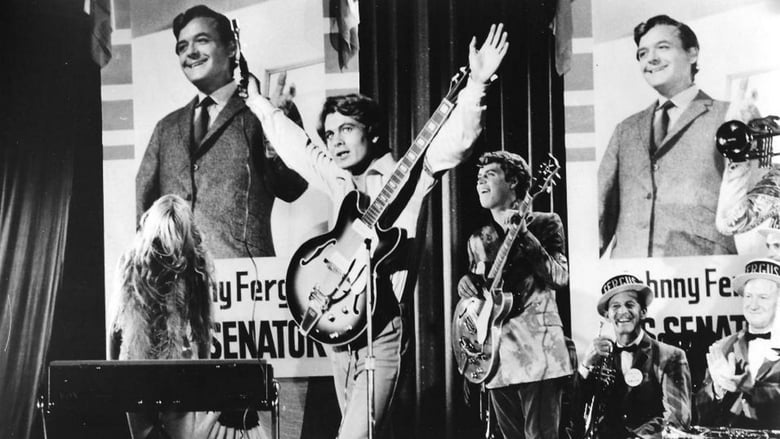
Wild in the Streets (1968)
Musician Max Frost lends his backing to a Senate candidate who wants to give 18-year-olds the right to vote, but he takes things a step further than expected. Inspired by their hero's words, Max's fans pressure their leaders into extending the vote to citizens as young as 15. Max and his followers capitalize on their might by bringing new issues to the fore, but, drunk on power, they soon take generational warfare to terrible extremes.
Watch Trailer
Cast


Similar titles
Reviews
Max Frost is a young rich rock star and powerful mogul. His band includes Billy Cage, Sally LeRoy, Abraham Salteen, and Stanley X (Richard Pryor). Mrs. Flatow (Shelley Winters) tries to contact Max who is actually his son Max Jacob Flatow, Jr. who has cut ties to his parents. Johnny Fergus (Hal Holbrook) is running for the Senate to lower the voting age. Max decides to support him but he wants to lower it even more. The kids come out to vote expanding the generational divide. Eventually, Max's ambitions overtakes Fergus and even the entire country.The premise is silly. It's a hippiexploitation film. The young people takes over and puts the old people in concentration camps. I don't think a sudden youth takeover can be easily portrayed in a believable way. It would be better to start with that as a given. None of that matters because the most compelling thing in this movie is the presence of the very young Richard Pryor. His role is small and he has few lines. It's the only thing that matters because it's very groovy.
I was curious to read some reviews of Wild in the Streets from when it was released (i.e. Ebert's) to get an idea of what the movie was thought of at the time. There was a good line that nails what is probably at the core of the film, which is "the fascist potential of pop music," but it can be taken a step further to what the fascistic potential is of anyone who appeals to a section of the culture that can be galvanized. The movie wasn't well received- it was, granted, an AIP picture dumped on the masses as a hippie exploitation flick along the likes of Psych-Out- but now in looking back I wonder if the writer, Robert Thom (also responsible for the cult classic Death Race 2000) and director Barry Shear (mostly a TV director) were much ahead of their own audience. It skewers the old and politicians, yes, but it also skewers pop music and LSD and hedonism and even communism to a certain extent. It's a fun, absurdist nightmare 'trip' on what would happen if the "kids" took over, which leads eventually to the question: what happens when they're too old.Four sentence summary: Christopher Jones plays Max Frost, a pop star who had one of those shaky childhoods that led to a lot of acid and blowing up his parent's car. His band, a bunch of Monkeeys rip-offs (yes, that's right), are filled with a bunch of who's whos, like a 15 year old super-genius account and a black anthropologist played by Richard Pryor. At a political rally for a "youth" senator (Hal Holbrook) who wants the voting age lowered to 18, he comes up off the bat with a rallying song, "14 or fight" to lower the voting age to 14! And then everything soon spirals into a youth-controlled congress and presidency (think Mr. Smith Goes to Washington with over-ecstatic flower children), with all the "old" pulled into camps where they're doped on acid and given frocks to wear.Trippy, man, trippy. Contrary to what some have said, and perhaps I read more into it than was necessary or warranted, Wild in the Streets takes a hold of its principal subjects as something that is meant to be mocked mercilessly. While nowhere near the brilliance of Network, it does have the same kind of super jaded view of humanity below the surface. Everything becomes so exaggerated that the only conceivable way to take it is as a satire; if it is meant as a "serious" look at politics and the youth culture then only a few moments stand out (actually the "Shape of Things" song is ironically powerful in the context of where it comes which is right after a few students are shot at a rally - a foreshadowing to Kent State?), but on its terms of it being a nutty but oddly lucid spoof on the political scene then it works really well.If for nothing else the cast is a hoot: Shelley Winters hams it up as the star's mother who in one scene literally crashes through security gates to get to her son who really doesn't want anything to do with her, especially after she basically kills a kid with a car! Also big props to Hal Holbrook who takes the quasi William Holdon in Network role (the one "serious" guy amid the chaos) and Ed Begley as a crusty old politico who quickly gets run out to the old-folk farm singing in circles. Along with Pryor look out for Larry Bishop and Millie Perkins. It's not high art, but Wild in the Streets has some scenes that are excruciatingly funny (I was dying during the 25 year old "chick" speaking to congress about lowering all ages to run for office to 14), and there's even some good pointers made about the state of the nation. It's exploi-satire, baby!
I grew up in the sixties and even though I was 8 years old when this was made, I still remember the song "14 or Fight" and all that was happening during that time.Definitely the drugs and clothes and music are true to the time period and the movie is more of a Docudrama than anything else.The young people of the late sixties knew what a potential threat they were to their elders. I believe it was their raising to respect their elders that kept the ideas presented in this movie from actually coming about.Today or I should say when Bill Clinton was President, the idea of lowering the voting age to 14 was again raised as an issue that needed consideration.I have read here that people would like to have this movie, I can give information how you can get it in very good quality! Email me atjcenso at hotmail dot com
It was Jimmy Fergus who initially brought out the "very best" in Max, who met the former so abruptly on the former's own terms; but, as the kind of modern-day Caligula lingering not too deeply beneath the flimsiest of surfaces in Max, at least when the wrong buttons were even quite innocently and inadvertently pushed; but, particularly, by the kind of "legacy," from "Stiffs," who "live high, and fat, with all the money!"--Or, "at least," given their most miserably poor driving habits, in a way which would have produced the same "high-intensity" reaction, especially from James Dean, and, in fact, did, on many occasions. . . . This is a dynamically thought provoking script, from beneath its more "cultishly caricaturistic" surface; as one of the most timely and relevant yet marginalized and underrated satires of social commentary ever produced, even despite its "grossly absurd improbabilities." . . . Moreover, as for all those "Old Tigers?" Maximilian, baby, couldn't have been more wrong! Just wait and see how well one of the oldest of them is about to "fly!" Yet, nobody but Jones could have carried this lead so effectively, with the kind of professionally well-polished finesse he exhibited. He was truly fated to assume this particular role, just as he blended in so smoothly with the character of Frost, that it's about anybody's guess, from far enough away, as to where he ended, and Max began. . . . Only Shelley Winters had been as "archetypally" irreplaceable here--Along with her Sally LeRoy!--and, in total, an entire cast which it was extremely fortunate didn't have to be replaced. The songs were no less movingly, inspiringly performed as well as composed. For instance, the thought of seeing such a dynamically new paradigm envelop the land, "like a fresh, new breeze," had been something quite overwhelmingly, urgently, inseparably "top-of-the-line!" At least one unsung line is more than applicable today, which goes, "The only thing that blows your mind when you're thirty is getting guys to kill other guys; only in another city, another country, where you don't see it; they don't know anything about it!" . . . I was hardly the first to notice the close physical resemblance of Jones to James Dean. I believe he missed one of his greatest opportunities, and commands upon the scope of his talent, by not having portrayed the role of James Dean himself, in place, for just one instance among others, of a Stephen McHattie--who had no business in the part, either! . . . As for his differences from James Dean, which do run much more than "skin-deep," even in ways which need never have detracted from the uniqueness of the skills of Jones, had Dean been permitted, in this sense, to reduce him to nothing but a "clone?" James Dean had a genuineness, an existential depth, which is not at all the easiest thing in the world to merely imitate!--Save, that is, and short only of the real thing, to the extent that a level of "method acting," on a par with, say, Kirk Douglas, in his purely superficial though movingly convincing portrayal of Vincent Van Gogh, had been adequately at the command of Jones. . . . The only other real waste, next to that of Jones, here, is that Charles Laughton would have played the role of Socrates, as superlatively as he did Gracchus, in Spartacus! As for Jones, however, he did, nevertheless, get a very good "Shot at the Title," of being Dean, at "Home," or, more accurately, in the words of Dean himself, at the "Zoo," and, of course, again, after a car crash, during the opening scenes of Wild in the Streets! . . . Just thank God, if even most of you believe in the right one, that Wild in the Streets is only a fantasy; along with its logically necessary sequel, Children of the Corn, and a gradually renewing expansion of the "Legal Age!" However, perhaps nothing at all, even in such a dismally-conceived future, could possibly surpass, for instance, the reportedly true as well as normatively realistic history, of a film such as Mark of the Devil, with Herbert Lom!--Or, as Nietzsche said, Progress is merely a modern idea, that is to say, a false idea!


